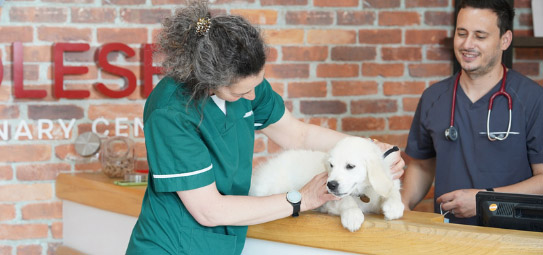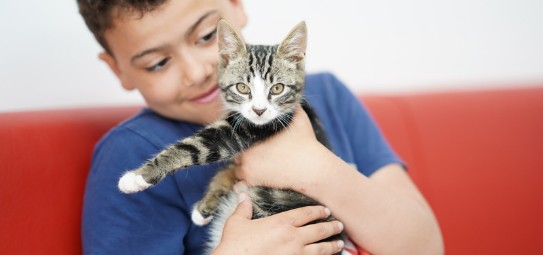A NEW PET RAT – Congratulations!
We do hope your furry new family member will bring you much joy and happiness.
We do recommend a health check shortly after bringing your new pet into it’s home.
Please bring in details of all foods and any supplements or medicines you may be using.
Remember to collect samples of urine and faeces from that morning if possible.
If you’re worried or confused about their behaviour, then take videos of it.
Isolate your new pet from the rest of your animal family at home until after the first check up and the vet has assessed the pet as being healthy. This means unfortunately you should not introduce them or let them play together.
If you do wish to introduce them then please ask us for advice on how and when this should be done.
At the ‘Health Check’ we will perform a full physical examination. This includes assessing your new pet’s overall condition, the muscle and fat levels, and hydration and checking for anaemia.
We will be paying close attention for parasites & for any signs of infectious diseases.
We will be focusing on gut function and on your rats’ diet, including whether is it appropriate and the amounts are suitable.
We may not perform a full dental check on young animals if the incisors look to be in a normal condition.
Once we have examined your pet, hopefully we will have found nothing seriously wrong, and we will then make whatever recommendations we think are necessary for the future diet and care of your rat. If there is time we will talk to you about handling and training as this is the right age to be teaching your pet!
Regular Health Check
Once your new rat is settled in and any health problems have been solved, then we recommend a six-monthly general health check.
Please ensure you know the brands of foods your pet is on, and any supplements or long-term medications.
Bring urine and faeces from that morning if you can.
We would also like to see a photo of the cage set up.
At this check we will assess body condition, muscle and fat levels, hydration and check for anaemia.
We will check your rats’ eyes, ears, and perform the very important dental examination.
We will feel the lymph nodes, palpate the abdomen for any abnormalities and listen to it’s heart and lungs.
We will search for parasites, examine the condition of the skin, look for any pressure sores or ‘sore hocks’ on the feet and also assess the nail length.
Once we have examined your pet hopefully we will have found nothing seriously wrong, and we will then make whatever recommendations we think are necessary for the diet and care of the pet.





